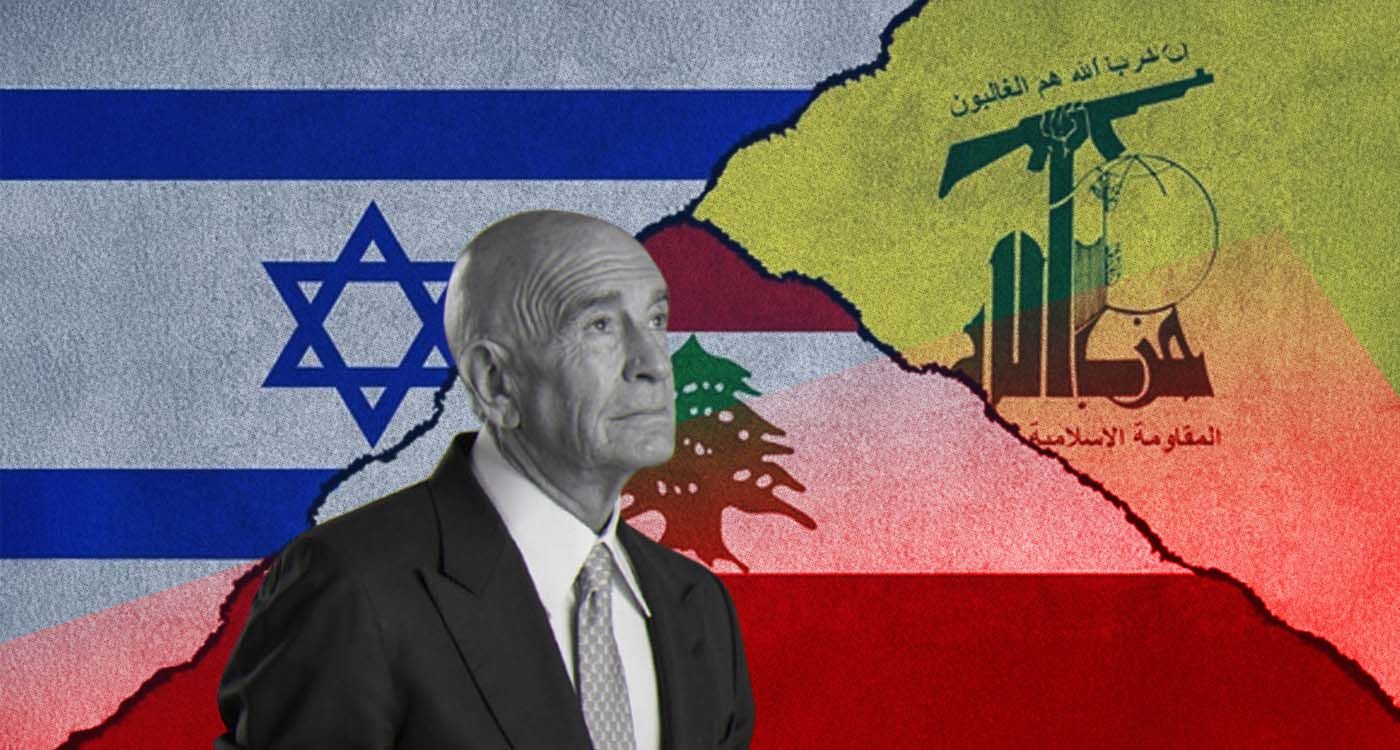
Sixty days—no more! That was the confident, oft-repeated promise declared at the signing of the ceasefire agreement between Lebanon and Israel in November 2024.
This now-mythic deadline was then heralded as the decisive countdown to peace in Lebanon.
What followed? Everything but peace: extensions, postponements, shifting timelines and a parade of solemn, sterile diplomatic rituals. Today marks 242 days—and counting—of tension, ceasefire violations and bureaucratic theater.
Welcome to Season Two of the great diplomatic drama: “Disarm Them If You Dare.”
New deadlines pile onto old ones. Negotiations multiply, overlap and contradict. Committees are formed, dissolved and reformed. Plans, letters, proposals, comments, replies to comments and rebuttals to replies endlessly circulate—accumulating like paperwork in a forgotten drawer.
Last Tuesday, US envoy Thomas Barrack delivered Washington’s long-awaited response to Lebanon’s remarks on the June 13 proposal. The letter arrived courtesy of a diligent diplomat from the US embassy in Awkar—now informally promoted to Chief Courier of Lebanese–American diplomacy.
In Beirut, the Lebanese committee—made up of the three heads of the executive and legislative authorities—hurried to convene and examine the document. Still stamped top secret, the designation in local jargon roughly translates to: open season for speculation.
What’s in the American Response?
Officially, the contents remain classified. But leaks—inevitable and revealing—have begun to emerge, offering a glimpse into the complexity of Barrack’s proposal.
At its core, Washington is pressing for the swift disarmament of Hezbollah, while openly acknowledging a fundamental contradiction: that any forced dismantling could plunge Lebanon back into civil war.
In essence, the United States is asking Lebanon to achieve the impossible—disarm an armed actor whose military wing is central to its survival, even its identity—without resorting to force and without triggering internal conflict. And all of this under an urgent deadline: by the end of the year, according to some; by November, according to others.
According to well-informed sources, the proposal is structured in three geographic phases. The first phase calls for disarmament in the South and north of the Litani River, followed by a second phase requiring a weapons handover in Beirut and its southern suburb. The final phase would take place in the Beqaa. Under this framework, the gradual withdrawal of heavy weapons—eventually followed by medium-caliber arms—would be exchanged for a hypothetical US commitment to pressure Israel into withdrawing from five positions in southern Lebanon.
On the military front, Washington is reportedly demanding a detailed technical plan from the Lebanese Army, which would be expected to assume full control of the South—essentially, a reiteration of demands made during the ceasefire negotiations. Another condition involves dismantling Palestinian military infrastructure across the refugee camps—in other words, disarming a population that has shown no intention of doing so.
And What About Lebanon?
What can Lebanon realistically say? That Hezbollah won’t disarm without an Israeli withdrawal? That no government has either the will or the means to enforce it? That “dialogue” is preferred over force simply because there’s no courage to assert authority, uphold the law or demand respect for the state? That everyone still clings to the illusion of a “consensual” disarmament? Nothing new under the sun.
Today, Lebanon is trying to craft a response acceptable to all—likely vague, almost certainly without a deadline and, above all, without immediate consequences. Especially since Hezbollah, the government, political parties and presidencies share one unwavering conviction: buy time and hope the storms would wither away. Yet, as Israeli Prime Minister Benjamin Netanyahu warned after the Hamas offensive on October 8, 2023, the post-October 8 era will be nothing like the past.
So where do things stand now? The presidential committee is still deliberating and must submit its response by July 28, when the American envoy is expected back in Beirut. Meanwhile, shelling intensifies in Lebanon—especially in the South and the Beqaa. Israel continues its targeted strikes, Hezbollah maintains its claim to “resistance” and the Lebanese State remains in limbo. Waiting for what? For the storm to pass, for the situation to shift on its own or for others to take action in its stead.
One thing is clear: more than 240 days have passed since the ceasefire, deadlines remain elastic, sovereignty is theoretical and peace is a perpetually deferred promise.




Comments